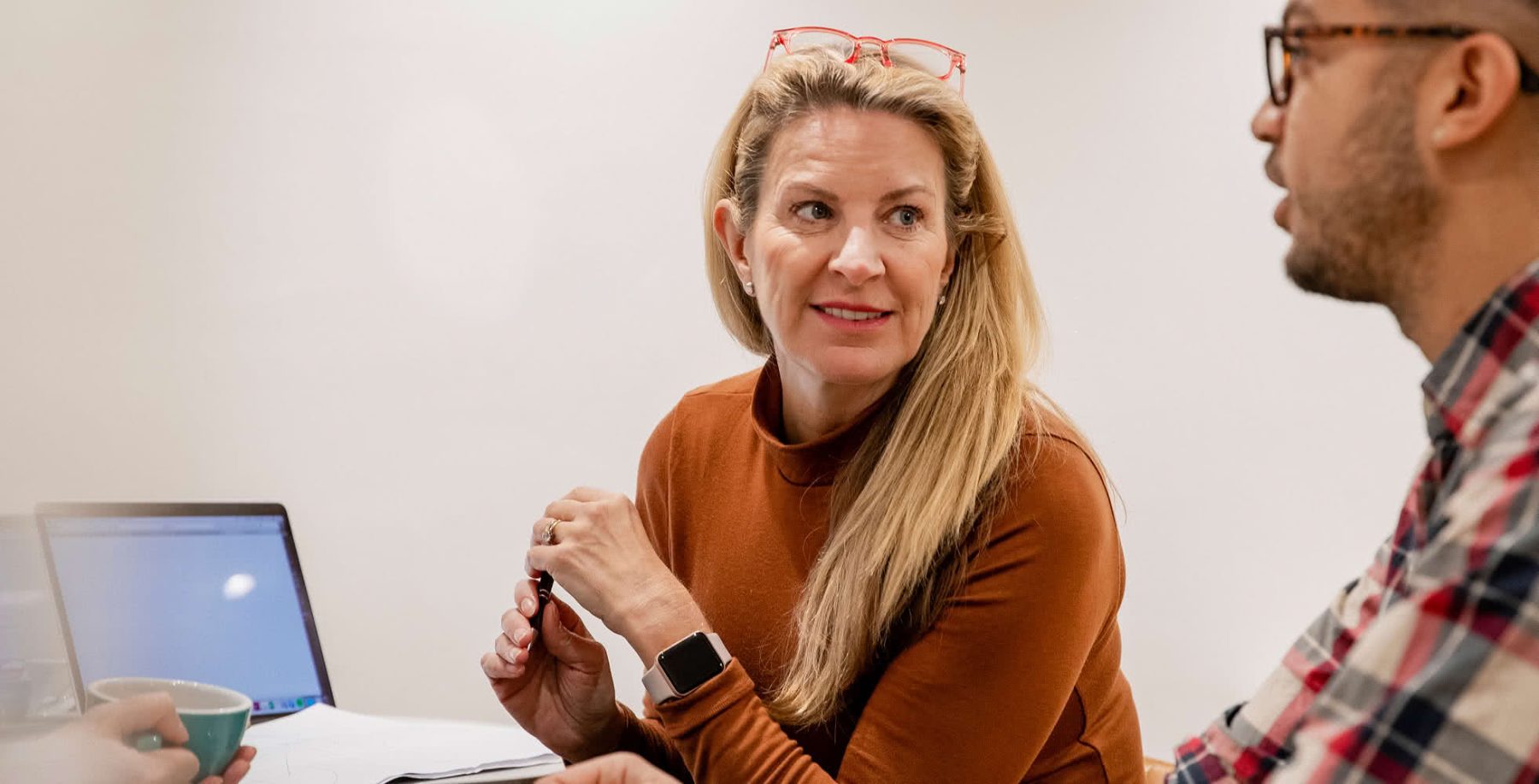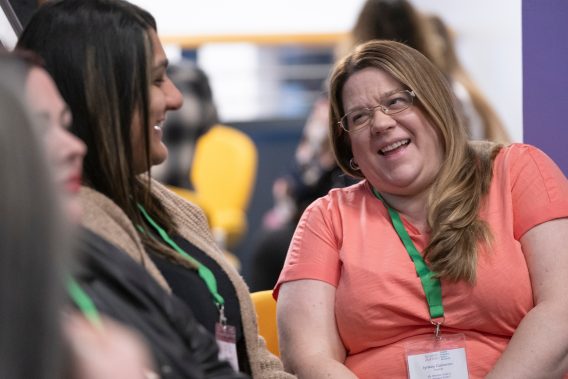Neurodiversity Training
Neurodiversity is what makes humanity so remarkable

When we talk about neurodiversity training, what we really mean is building greater understanding of neurodivergence, and working towards environments that genuinely include and support people who think and experience the world differently.
This includes everything from rethinking communication styles; to creating sensory-friendly spaces; to addressing the assumptions we might not even realise we hold.
As one of Scotland’s largest specialist providers of support for autistic people, Scottish Autism brings over 60 years of experience to the table. Our training isn’t generic. It’s shaped by decades of working directly with autistic people, families, and professionals across a range of settings. Through our dedicated Centre for Practice, Policy and Research, we connect participants with the latest thinking from both academic and community-led research.
We believe the best learning comes from combining cutting-edge research with real-world insight. Our Training and Consultancy team collaborates closely with advisors and autistic voices to make sure what we deliver is accurate, relevant, and impactful. This means our courses are practical, person-centred, and always evolving in response to what the community tells us it needs.
What makes our training different is that it’s about more than awareness; it’s about creating environments where autistic and neurodivergent people are genuinely included, respected, and supported to thrive. Work with us and let’s create lasting change, together.
What is Neurodiversity?

Want to Know More?
Drop us a message, we’d love to chat to you about how we can support your training needs.
